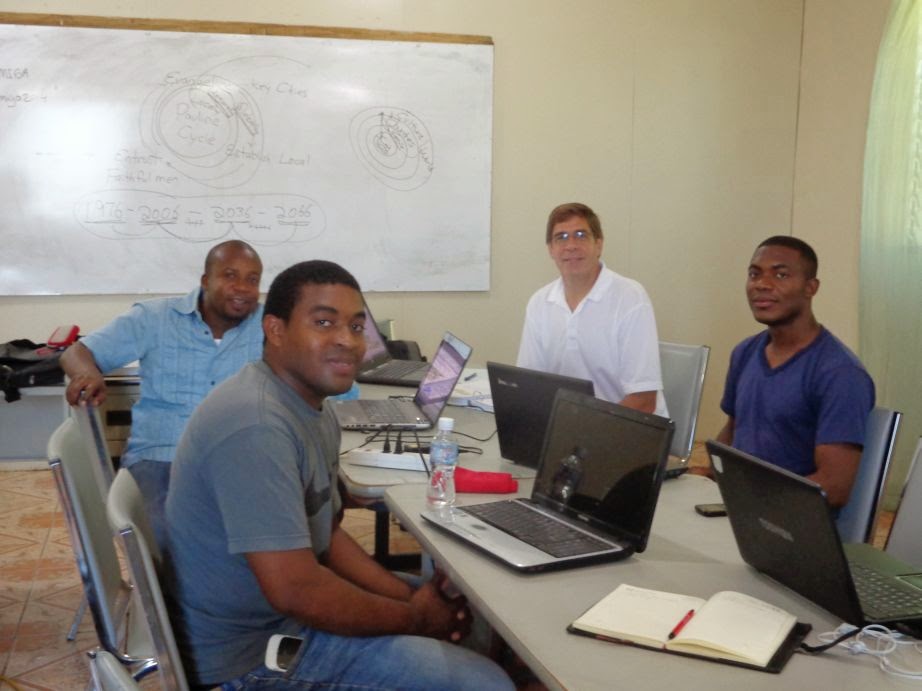What does trámite mean? There is no good equivalent term in English, but www.wordreference.com offers these definitions: "process; procedure; step, stage" or, additionally, "formality." My own definition goes something like this: "A (sometimes lengthy) legal or financial process that requires extensive paperwork and is fraught unforeseen delays and complications due to bureaucratic dysfunction and political corruption."
Of course, trámites are a necessary part of being international family and/or involvement in missions. We have completed them both here in Honduras and in the U.S., and some have been seemingly unending and complicated, and others have been straight-forward and simple.
A file for a "big" trámite
Praise God, now the three of us can live indefinitely in Honduras and also travel to the U.S. whenever needed (I will spare you the list of trámites involved in that...). The final two were my Honduras residency, which I started applying for almost four years ago (check!), and my Honduras driver's license (check!).
Each process has taught me important lessons in faith and character, although some have been blessings in disguise that I am more thankful for now that they are over. :) For example, the obscure document Fernando needed from a small country in West Africa where he lived: that piece of paper traveled a long way to the visa center only to be rejected because one letter was spelled wrong in his second last name (!!!). Anyway, here is what I've learned:
* It can be tempting to procrastinate trámites and all of the minute details each step requires. However, it is more than worth it to be as prompt and thorough as possible. Being proactive makes all the difference now and down the road when you need it the most.
* Fretting and getting angry when things go wrong does not help (this is obvious, but is difficult!). After doing all in our power, we can rest in God's sovereignty. There are stories of divine timing behind many of our trámites, beyond our knowledge and power during the process.
* Trámites would be impossible without a lot of help: powers of attorney, errands to FedEx, international wires, and someone to vent to occasionally. :) You know who you are! Now we get to help others; just this morning I sent some information to a friend.
* Life isn't fair this side of eternity. It might not be fair that I had to wait several months for my residency I.D. card to be printed because the machine was broken, but it is equally "unfair" for Baby J to so easily have dual citizenship that many people could never obtain! It goes both ways.
Baby J's very first trámite photo
* Although corruption and irresponsibility exist, kind people of integrity have helped us along the way and do the best job they can given the circumstances of their job.
* Our citizenship is in heaven; when we repent of our sins and believe in Jesus as Savior and Lord, we are "citizens with God's people and members of God's household" (Eph. 2:19). Nothing on earth can rival that kind of good news.
At some point, another trámite will be added to the "to do" list, but for now I will enjoy the break. I'd love to hear your trámite stories and what you have learned along the way.








































